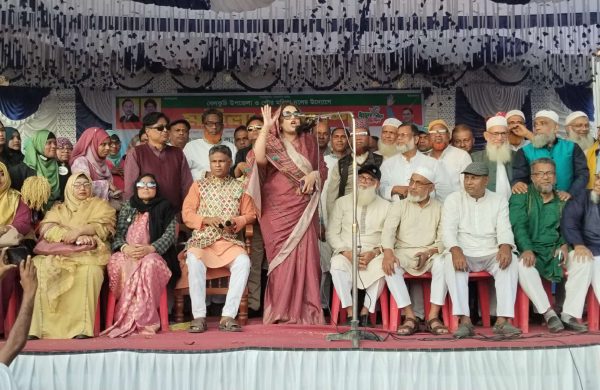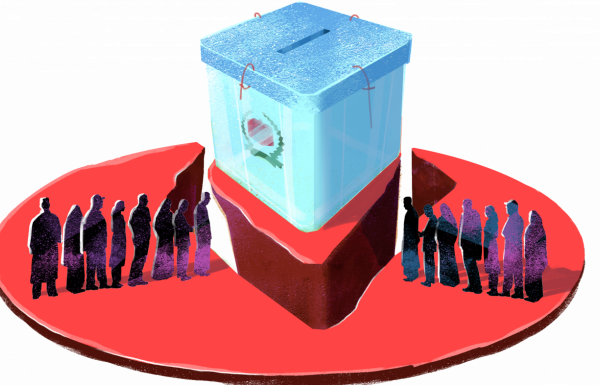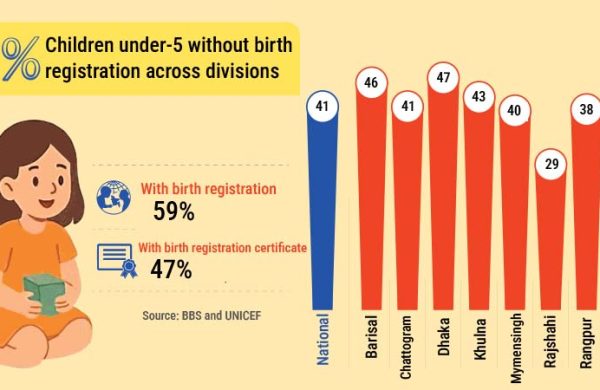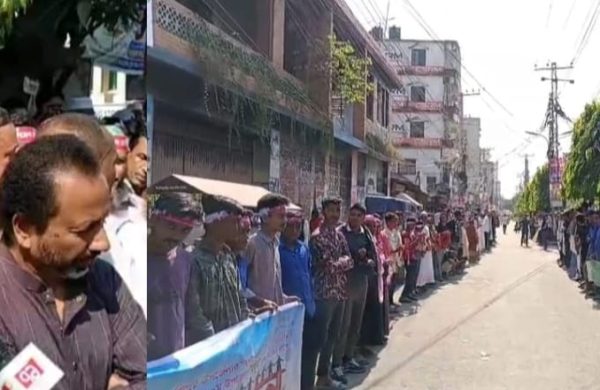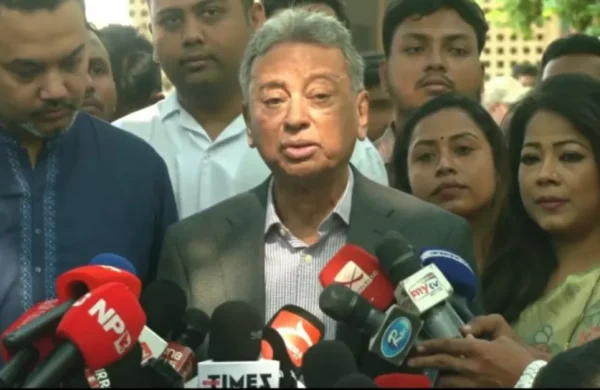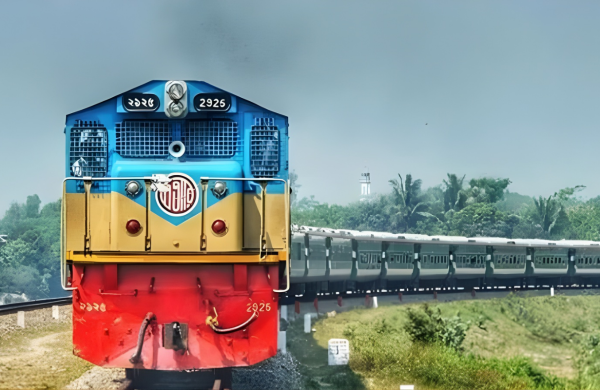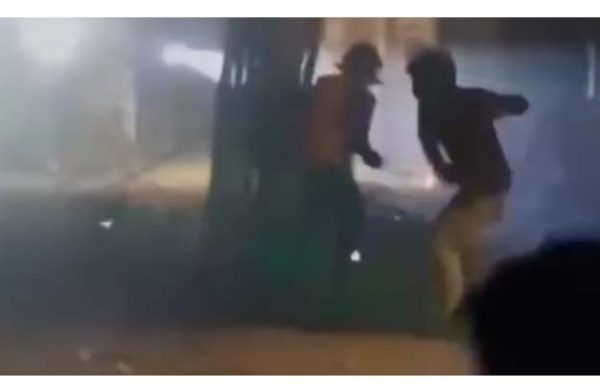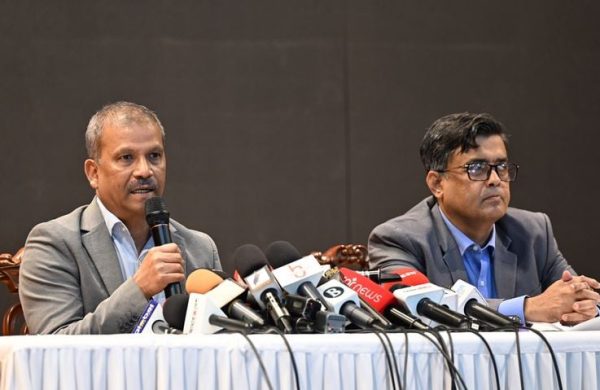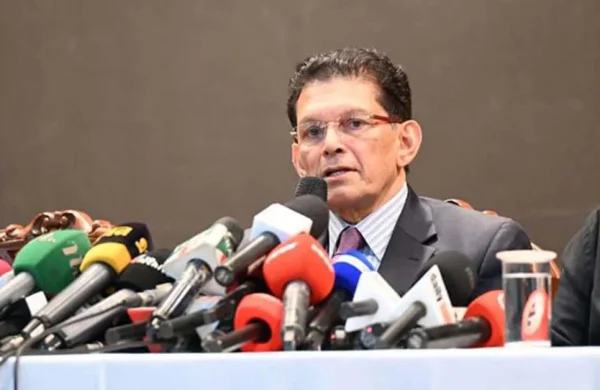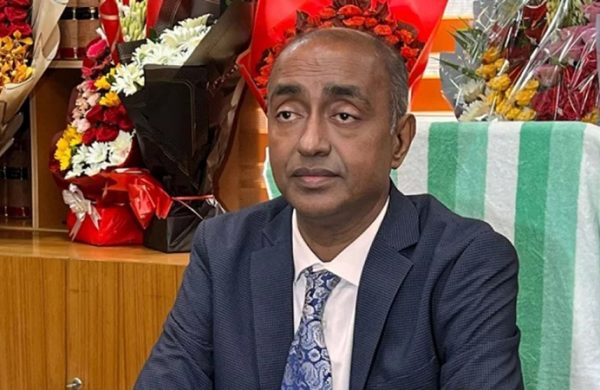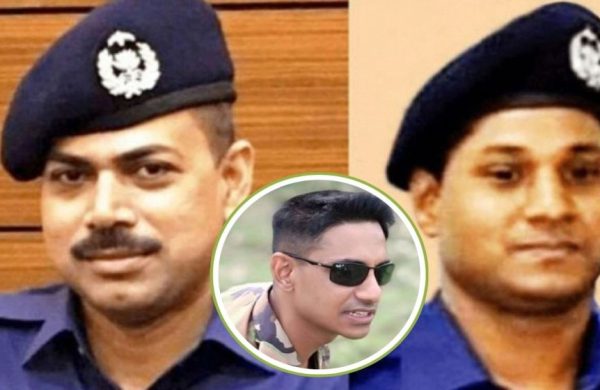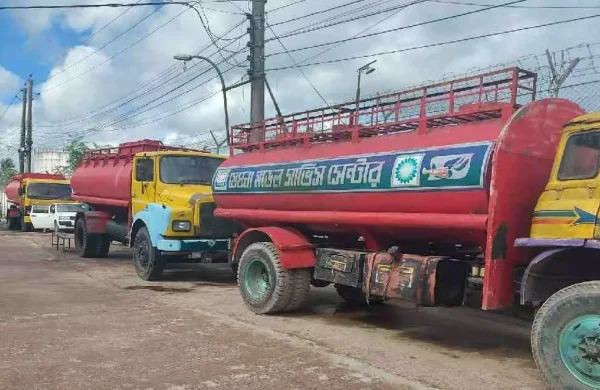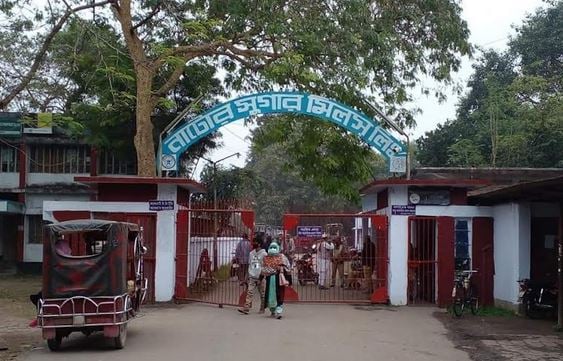Political parties opt for streets over dialogue, Nov likely to heat up
- Update Time : Sunday, November 9, 2025
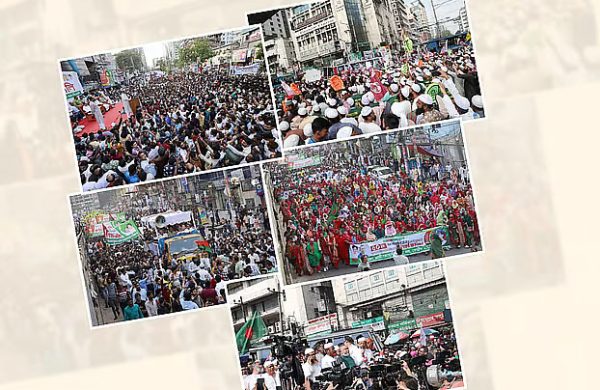
Staff Correspondent:
Over the last eight and a half months, political parties had been engaged in discussions over reforms. Everything revolved around the National Consensus Commission. However, in November, major political parties including BNP and Jamaat-e-Islami have once again taken to the streets with political programmes. On one hand, there are differing views over how reforms should be implemented, and on the other, the election is fast approaching. The question us, are these street programmess part of election preparations, or do they signal an intent to heat up the political arena?
After the fall of the Awami League government last year, BNP and Jamaat have often found themselves on opposite sides on various issues, including reforms. Jamaat and eight other Islamist-leaning parties have announced a rally in Dhaka on 11 November. Their main demands are for an order to implement the July National Charter and holding a referendum on it within November; and the introduction of a PR (proportional representation) system in both houses, or in an upper house, in the upcoming national elections.
Meanwhile, BNP wants the referendum to be held on the same day as the parliamentary elections in February. The party has already announced its candidates in 237 constituencies. Since last Friday, the party has taken to the field with programmes that have drummed up an election vibe. They selected “National Revolution and Solidarity Day” as the occasion. As part of this programme, rallies and processions have been held not only in Dhaka but also in Chattogram, Rajshahi, Khulna, Rangpur, Cumilla, Barishal, Sylhet, Mymensingh, Bogura, and in all divisions and districts. At these events, posters, banners, and placards featuring the sheaf of paddy, the party’s election symbol, and the prospective candidates were displayed.
On 5 August last year, the student-mass uprising led to the fall of the Sheikh Hasina government. Since then, in national politics, BNP, Jamaat, as well as National Citizen Party (NCP) which was formed under the leadership of young organisers who led the uprising, are being seen as significant forces. While Jamaat and the BNP have begun programmes on the ground, NCP has not yet announced such initiatives.
On 12 February, the National Consensus Commission was formed under the leadership of the chief advisor. Professor Ali Riaz, head of the Constitutional Reform Commission, serves as the co-chair of this commission. Over roughly eight and a half months, the commission held continuous meetings with 30 political parties and drafted the July Charter. Most parties signed it. However, the parties could not agree on how the reforms outlined in the July Charter would be implemented.
On 3 November, the government stated that political parties must resolve their differences over the implementation of the July National Charter or reform proposals through dialogue among themselves. Yet, instead of pursuing dialogue, parties are leaning toward street-level programmes.
Meanwhile, the banned Awami League announced via online channels that it will carry out a “Dhaka lockdown” programme on 13 November. This comes as the trial concludes for three accused, including the deposed former Prime Minister Sheikh Hasina, for crimes against humanity committed during the July popular uprising. The verdict announcement date has been set for 13 November. In other words, law enforcement agencies fear that the Awami League could also take to the streets centering the verdict of its fallen ruler.
All of this combined has begun to heat up politics again. One after another, parties are announcing various programmes. Some are preparing for elections, some are pressuring the government for reforms, while others are trying to send a message of resistance by defying restrictions. Political analysts believe it is natural that Awami League would try to take advantage of the opposing positions of the factions led by BNP and Jamaat.
Overall, by the beginning of November, the old tensions and rivalries have reemerged in the political arena.
Speeches of BNP and Jamaat leaders reflect this rising tension. Referring to Jamaat’s rallies, Amir Khasru Mahmud Chowdhury, a member of BNP’s standing committee, said, “You go to the streets at every turn of words. Now, if another party again takes to the streets in protest, what will happen? Won’t there be clashes? If a major party in Bangladesh goes to the streets in protest against these, there will invariably be clashes.” Amir Khasru made these remarks yesterday, Saturday, at a dialogue held in a hotel in the capital on the role of political parties in drafting technology-driven election manifestos.
Also present at the event was Jamaat’s assistant secretary general Hamidur Rahman Azad. He commented that BNP’s current attitude was similar to that of Awami League. Hamidur said, “The BNP secretary general was invited, but they said they would not respond to Jamaat’s invitation. The previous regime always played this tune that they would not sit with so-and-so. Can we not move beyond this culture?”
Jamaat had primarily invited BNP to discuss the process of implementing the July Charter. However, BNP policymakers believe that the July Charter is a national issue. Therefore, it would not be appropriate for the party to respond to an invitation and sit in a dialogue. Rather, BNP would participate if the government calls the political parties.
BNP TO RETURN TO THE STREETS AHEAD OF ELECTIONS
The government has announced that the 13th National Parliament election will be held in the first half of next February. Yet, a common question among the people is whether the election will really be held in February.
BNP’s acting chairman, Tarique Rahman, has been abroad for nearly a decade and a half. There is speculation that he may return to the country in November or December. In this context, on 3 November, BNP suddenly announced its preliminary candidate list for 237 out of 300 constituencies ahead of the upcoming parliamentary election.
Jamaat had already finalised its candidates and begun election preparations across the country. Political analysts believe that BNP’s announcement of candidates signals not only preparation for voting but also readiness to become active in street politics.
Their campaign began on 7 November with programmes commemorating Revolution and Solidarity Day. According to BNP party sources, this initiative is not merely a historical remembrance but marks the start of election preparations. Potential candidates are now becoming active on the ground, and party-level efforts are underway to reorganise polling-station-based committees.
BNP wants the national election and the referendum to be held on the same day. Islamist parties, including Jamaat, demand the opposite, that the referendum be held first. As a result, both sides are expected to demonstrate their strength on the streets in November. If BNP’s demand is met and the referendum and national election occur on the same day, the party will achieve a moral victory even before the vote.
JAMAAT PUTS PRESSURE TO IMPLEMENT THE JULY CHARTER
Over the past year and a half, Islamic parties have voiced their desire to have all votes counted in a single ballot box. Jamaat and the Islami Andolan, led by the Charmonai Pir, have been particularly active on this issue. In line with this, ahead of the elections, Jamaat and seven other parties have taken a joint stand demanding a referendum and proportional representation (PR) in the Upper House.
Alongside various simultaneous programmes, they held a rally on 11 November, issuing a threat of strict agitation. Earlier, on 30 October, these parties submitted a memorandum to the Election Commission with five demands, including holding the referendum in November.
The parties taking to the streets alongside Jamaat and Islami Andolan are the Khelafat Majlis, Bangladesh Khelafat Majlis, Jatiya Ganatantrik Party (JAGPA), Nezam-e-Islam Party, Development Party, and Bangladesh Khelafat Andolan.
After BNP drew large crowds during its rallies and processions on 7 November, Jamaat leaders announced plans to mobilise hundreds of thousands of people on the streets of Dhaka on 11 November.
SIGNS OF HEATED TIMES
Three consecutive programmes, on 7, 11 and 13 November, indicate November is to be a politically active and sensitive period.
On one hand, political parties are engaged in a tug-of-war over the implementation of the July Charter; on the other, they are competing to demonstrate their strength on the ground. Law enforcement agencies remain on high alert, as there is a risk of clashes or violence at any time. Yet, the parties are determined to make their positions clear.
BNP and Jamaat want the reforms implemented and elections held according to their demands. Meanwhile, Awami League, despite a ban on its activities, believes this is the opportune time to assert its presence in the country’s political arena.
However, sources within BNP and Jamaat say that although there are differences of opinion among BNP, Jamaat, and other political parties, they show no flexibility regarding Awami League. As a result, Awami League will not be able to cause trouble by taking to the streets. Rather, if BNP, Jamaat, and other active political forces in the country remain firm in their positions, the government will be put in a difficult position when deciding on the process of implementing reforms.
In this situation, political forces could also become active on the streets against each other, which may affect the upcoming election. Therefore, it is expected that the parties’ attempts to display strength on the ground will remain limited to calculated and measured action.


